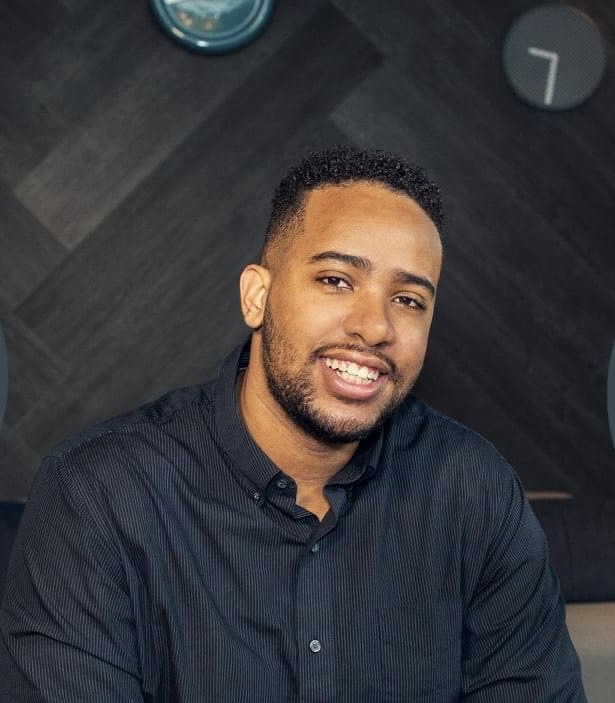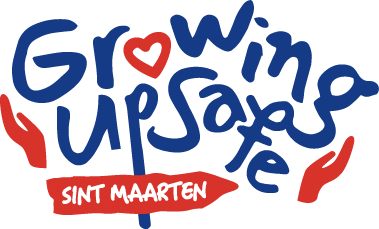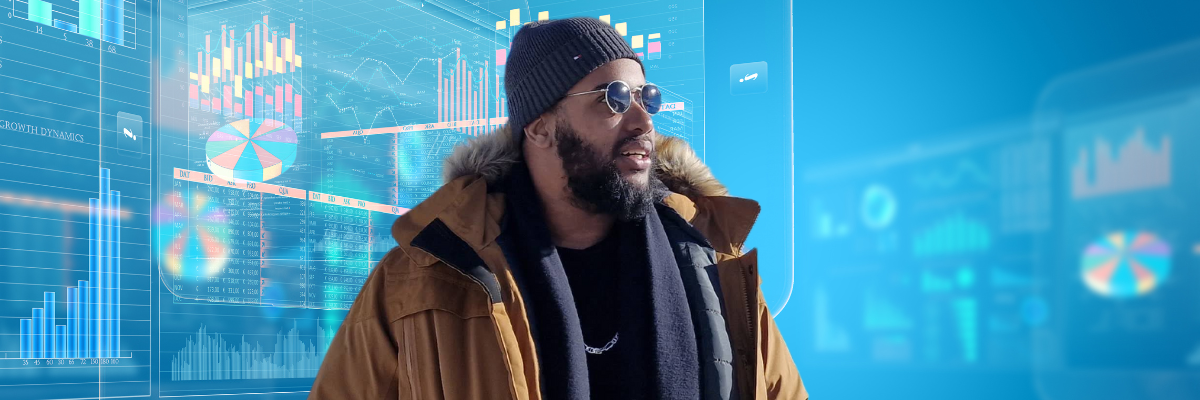
Ryan Susana works as a software engineer and overall IT expert who leads teams in large companies such as KLM and Bol.com to solve complicated technological problems.
He describes himself as a ‘disagreeable person that likes to be challenged’, which is one of the personality traits that helped him develop his interest in technology during his childhood.
“Helping children develop critical thinking skills is key in protecting children offline and online.”
He recalls: “Among my friends, I was one of the kids that got a laptop a little later. So, they were better than me at playing certain video games. I wanted to beat my friends, and I scoured the internet to find guides or cheats. Through YouTube and online forums, I figured out how to create bots (an automated software application that performs repetitive tasks over a network). These bots could play certain games for me while my friends and I were at school – improving my scores, while they could not play.”
At just twelve years old, Ryan became so good at creating bots that he gradually lost interest in playing video games and focussed on writing code – solving problems with technology.
It sounds like you were already using the internet intensively at 12 years old; was that safe?
I met some of the most wonderful and vilest people online. As a teen, I followed these forums where you can post anything. People would introduce themselves from random places in the world. I remember posting, in the more ‘cringe-13-year-old’ way, a photo and a little about myself. The forum was so toxic, and I got called nigger, monkey, and other racist things. It was very eye-opening for me, as I had not experienced that before in my life in Sint Maarten.
On the flip side, I also met a programmer working in Silicon Valley. During the day, he worked, and during the evenings, due to his insomnia, he helped people with their questions about programming. He provided some of the best help I’ve gotten in my career, and even though we never met in person, I consider him one of my first mentors.
Did your mom know about any of these online activities and the people, including adults, you interacted with?
Definitely not. I think it’s hard to give blanket advice on the topic of how parents need to protect their children in the online space. As I mentioned, those online spaces helped me develop professionally – I was already better at coding than most, once I went to college.
I am stubborn, and as a teenager, my mom’s or teacher’s advice went in one ear and out the other. I also had relatively thick skin and was, like many other teenage boys, looking for trouble and pushing boundaries.
Sure, there are online spaces that are regulated, but that is not what you are curious about at that age – you’re looking for the more gory, explicit, and exciting stuff.
Instead of focusing on what children should or should not see or do online, I think we should focus on helping them figure out who they are as soon as possible. What is their personality, and what are their weaknesses? Focus on what you can do as a parent to help a child strengthen those weaknesses. Give them the tools to protect themselves.
With the fast pace of developing technologies, what are some changes you expect in how children grow up?
I lead teams with people twice my age. The other day, I got a comment from a colleague: “I am very jealous of your situation. When I was your age and learning this ‘crap’, I did not have access to search engines. I wish I had the time you still have.”
We have come far with technology, but we are just at the start. A lot of this is less than 50 years old. There will be a lot of change, and fast. It is very scary and exciting at the same time.
How can professionals or sectors, such as education and justice, keep up?
No one is keeping up with all the technological advances, and I don’t think that should be our goal. The goal should be to utilise technology that is useful to you. This is what I tell my clients; you are not Apple or Google – what is it that you do and need?
If you are feeling stressed out about news reports about artificial intelligence, ask yourself why. Are you already insecure in the job you are doing, or just scared of the unknown?
Instead of viewing technology with fear, see it as a tool to solve your shortcomings or challenges.
People express the fear that technology is going to replace them, however, I doubt this. I went to a café once that was fully served by robots, believe me – they cannot replace the value of interaction with a smiling waitress that makes you feel welcome. Human interaction and human creativity, those who can drive emotion, are going to rise in importance. Technology can do our mundane, repetitive tasks, and we can focus on being creatives and creators.
In simple terms, for us who are less technology-savvy, what is Artificial Intelligence (AI)?
AI can use large amounts of historical data to predict events or the next action. For example, this can be a news forecast or the next word in a sentence. So yes, it can create things, such as text using a language model like ChatGPT, but a human programmed it to do so.
The way we build programs like this is largely inspired by the human brain. A generative AI such as ChatGPT is programmed to analyse questions you ask it, then it uses information online, such as Google, to summarise the top ten search results, for example – then it feeds it back to you in a nice paragraph. It’s not doing more than that (or thinking on its own).
It’s just an automation created by programmers like me. In my opinion, AIs are far from being sentient (able to perceive or feel things). Such as the ‘scary’ AI movies in which an AI decides to wipe out the human race.
So, this ‘new’ technology does not pose a danger?
There are upsides and downsides to most innovations. One of the aspects we can be mindful of, also concerning child protection, is the bias that can come into play using these automated programs.
For example, a few years ago, a phone company launched a feature that uses an AI that automatically ‘optimised’ your image to make your skin look better for example. However, this AI used images from the internet to generate these ‘improved’ images. The majority of images online are of white people. So, utilising this data, many darker-skinned people who used this ‘image optimizer’ were given a lighter or even white skin tone.
It’s not that the programmers themselves were racist, but the information available to us online, the historical data that we have, is biased and is not representative of all groups equally. So, your kids might also be affected by this negative bias, depending on the data an AI pulls from. Think about automated selection processes, medical diagnoses, or just simply your child thinking that they are prettier with lighter skin because that is how a filter ‘optimises their image’.
What role can the Government play in ensuring internet safety for children?
Information bias is something that the EU Commission has talked about. However, in my opinion, the Government cannot regulate or prevent the dangers of the internet or new technologies – it’s just not enforceable, and there will always be a workaround. Just like you cannot prevent all dangers in the world.
However, what Governments can do is focus on the softer aspect of regulations, by educating the public on internet safety and how to use technological innovations.
How can we help our children evaluate information encountered online, particularly in the age of AI-generated content? Throughout history, people have been tricked. Don’t focus on the technology that scammers or predators might use – put focus on teaching your children (and adults) critical thinking skills. Teach them that “if it sounds too good to be true, it probably is”. Show them how to find reliable resources, how to read research papers, and how to scrutinise information.
As a parent or professional who works with children, ask yourself: “Am I a critical thinker? Do I ever ask myself, am I wrong, is this information I am reading right?
In my opinion, keeping our children safe has little to do with trying to control technological advancements but everything to do with helping our children develop their ability to evaluate information, make reasoned judgments, and approach problems thoughtfully – so they can protect themselves from dangers they might encounter offline or online.



